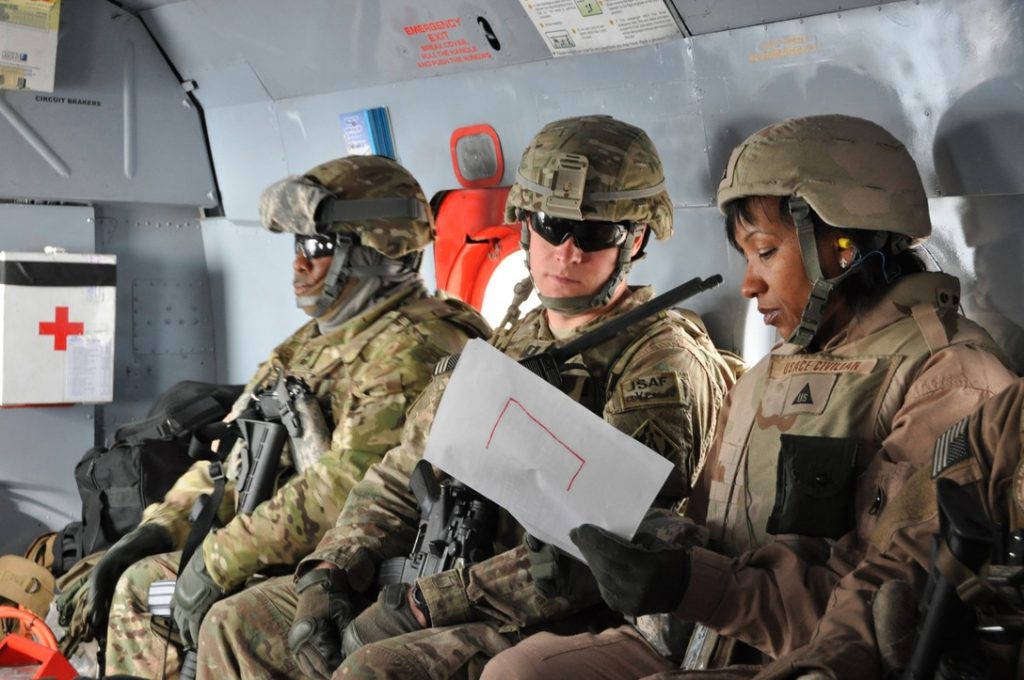The US Army Corps of Engineers was first established on this day in 1779 to aid the Continental Army in the Revolutionary War.
From the USACE website–
The history of United States Army Corps of Engineers can be traced back to June 16, 1775, when the Continental Congress organized an army with a chief engineer and two assistants. Colonel Richard Gridley became General George Washington’s first chief engineer; however, it was not until 1779 that Congress created a separate Corps of Engineers. Army engineers, including several French officers, were instrumental in some of the hard-fought battles of the Revolutionary War including Bunker Hill, Saratoga, and the final victory at Yorktown.
At the end of the Revolutionary War, the engineers mustered out of service. In 1794, Congress organized a Corps of Artillerists and Engineers, but it was not until 1802 that it reestablished a separate Corps of Engineers. The Corps’ continuous existence dates from this year. At the same time, Congress established a new military academy at West Point, New York. Until 1866, the superintendent of the academy was always an engineer officer. The first superintendent, Jonathan Williams, also became the chief engineer of the Corps. During the first half of the 19th century, West Point was the major and for a while, the only engineering school in the country.
From the beginning, many politicians wanted the Corps to contribute to both military construction and works “of a civil nature.” Throughout the 19th century, the Corps supervised the construction of coastal fortifications and mapped much of the American West with the Corps of Topographical Engineers, which enjoyed a separate existence for 25 years (1838-1863). The Corps of Engineers also constructed lighthouses, helped develop jetties and piers for harbors, and carefully mapped the navigation channels.
Today, in addition to building and maintaining military fortifications, the USACE works to respond to natural disasters, build civil infrastructure including dams and levies, develop and manage the nation’s water resources, provide humanitarian assistance overseas, and provide crucial research and development projects for the overall advancement of the engineering field.
For more on the outstanding work performed by the US Army Corps of Engineers click on this link.

.